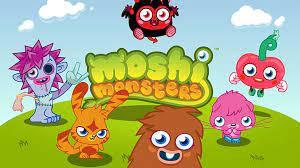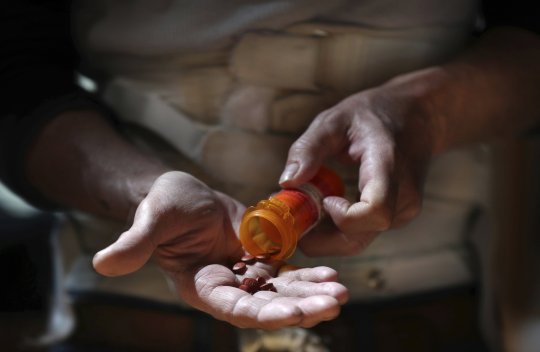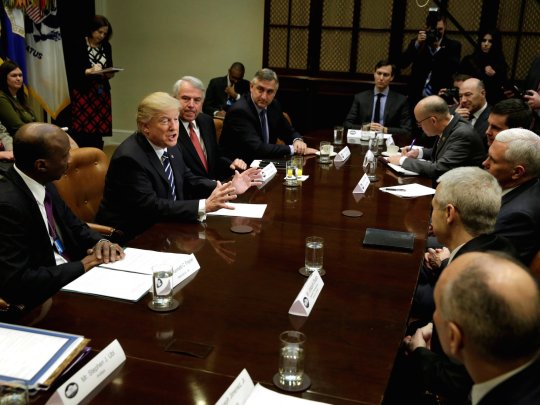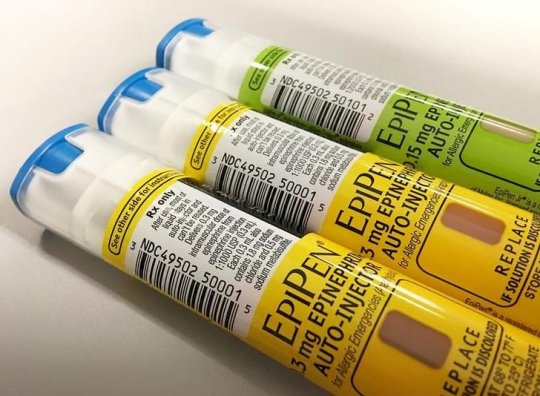#i didnt like games where it has membership on it because it was so limiting to me as a child and i was poor
Text
























#sadly i did not grow up with the papa louie games#i fucking love games where you get to customize shit and or own a pet#but sometimes i just play flash games that were cutesy and or pleasing to look at#i didnt like games where it has membership on it because it was so limiting to me as a child and i was poor#so i was very spotty with club penguin animal jam and moshi monsters but i still played them at some points nonetheless#for the multiplayer ones i would often play them with my cousin we would all sit on the same computer butting each others heads#newgrounds was too inappropriate for us at the time so i didnt grow up with that. just flash games found in a website called y8 and y3#i miss the facebook games so dearly. happy pets was destroyed to the ground by corporate greed and laziness.#horror shooter and generally gory games disturb me as a child. i would rather look for games with cute and easy going themes#anyway ill be surprised if theres someone out there who has played all of these games.
230 notes
·
View notes
Text
The drug industry is pretty much coasting

In this Thursday, April 20, 2017, photo, Jeff Bacon shows some of the medication he takes for chronic back pain, in Hampden, Maine. AP
WASHINGTON Less than six months ago, President Trump stood at a podium and roiled the pharmaceutical industry with an emphatic declaration that its executives are getting away with murder.
If Congress has its way, the same president will soon sign into law a massive package that is at the top of the industrys wish list: a reauthorization of drug makers funding agreements with the Food and Drug Administration.
At least so far, the powerful pharmaceutical industry has managed to keep the package that is speeding toward Trumps desk free of any controversial policy changes that could threaten the industrys business model as well as any partisan add-ons that could jeopardize its smooth, overwhelmingly bipartisan trip through the policymaking process.
That progress is a testament to an often-overlooked truth in Washington these days: Despite frustration over high drug pricesand partisan brawling over health care legislation, the pharmaceutical industry has been carrying on with business as usual, scoring some early legislative victories, and reminding lawmakers why it is one of the most influential groups on Capitol Hill.
At the same time, an executive order on drug prices being crafted by the White House may prove far more favorable to industry than Trumps campaign rhetoric would have suggested, according to documents obtained by Kaiser Health News.
The industrys recent successes are the result in no small part of its shrewd and penetrating advocacy strategy and, of course, the money it puts into that effort.
Druglobbyists are on the job every minute, every day, Rep. Peter Welch (D-Vt.), whos gone up against the industry more than once, told STAT. They fight hard, lobby hard. They know how to play the game, they play it aggressively, and they play it well.
The industrysmain trade group, the Pharmaceutical Research and Manufacturers of America, spent a staggering $7.9 million in just the first three months of this year the most it has spent in a single quarter since 2008. That bought drug makers an army of more than 85 lobbyists both internally and at nearly two dozen outside firms. Outside firms pay some of those PhRMA dues, but often spend more on their own efforts the 10 largest pharmaceutical companies that lobby in the U.S. together dropped more than $20 million in just the first three months of 2017.
That spending doesnt count campaign donations, either. The website OpenSecrets, maintained by the Center for Responsive Politics, estimates the industry gave about $27.9 million to candidates on both sides of the aisle during the 2016 cycle.
A spokeswoman for PhRMA declined tocomment on the industrys lobbying strategies or the user fees process.
The user fee reauthorization bill before Congress, which spells out how much branded and generic drug companies and medical device manufacturers pay to support their product reviews at the FDA, traditionally receives bipartisan backing. The overwhelming bulk of the package is hammered out between industry representatives, including generic and biosimilar companies, and the FDA itself, earning a blessing from both only after several years of work.
On top of that, theres a key deadline looming. Republican leaders atop both key committees are quick to say that the user fees get done so quickly because if they dont, the FDA must begin sending layoff notices to thousands of employees.

U.S. President Donald Trump meets with pharmaceutical industry representatives at the White House in Washington, U.S. on January 31, 2017. Reuters/Yuri Gripas
But this year in particular, there were ample opportunities for the process to get derailed. The Trump administration, for example, pushed for the industry to pay a far larger share of the FDAs budget through the user fee process. Congressional leaders declined to reopen the agreement.
Some lawmakers, too, looked at the process as an opportunity to attach policy changes that might otherwise be too controversial to make it into law. Again and again during the markups, however, proposals opposed by the industry were dropped.
Amendments allowing the importation of drugs from Canada a largely Democratic ask fell flat in both chambers thanks to objections from scores of each sponsors colleagues. Less political amendments failed, too, including one that would have kept branded manufacturers from using certain strategies to delay generic drug launches or another that would encourage pediatric studies in cancer drugs. PhRMA has raised concerns with both.
Not everyone sees the pharma-friendly outcome as a reflection of the industrys advocacy prowess.
The last thing I would want to do is credit pharmas brilliant lobbying with the fact that user fee bills are moving through Congress. For the most part, these issues have always been bipartisan, said Dean Rosen, a Mehlman Castagnetti lobbyist. They know theyve got to get them done. To me, the bigger issue is not how pharma played this. Its that those things have always been bipartisan, and they have a deadline.
The legislation must still pass both chambers of Congress before it heads to Trumps desk, and several congressional aides and lobbyists suggested those upcoming debates might prove more contentious.
Still, the comity stands in stark contrast to nearly every other congressional conversation on health care policy recently. A hearing about arcane but essential Medicare payments, which must also be addressed this year, devolved into a partisan fighting over the Republican effort to repeal and replace Obamacare. Leaders have only recently scheduled a hearing to discuss a reauthorization of the Childrens Health Insurance Program, a traditionally bipartisan effort for which a deadline also looms. Theres no committee vote on the issue in sight or even a draft of the legislation.
Theres been remarkable ability to walk and chew gum at the same time, and to do the [user fee agreements] in a bipartisan way, and to even dance around some of the more sensitive issues. Theyve managed to keep it pretty civil, said Billy Wynne, a longtime health care lobbyist for Thorn Run Partners.
The industry has seen its share of small victories, too, even amid the partisan whirlpool that has otherwise consumed Washington. Republicans on the House Energy and Commerce Committee, for example, used a recent oversight letter to echo the pharmaceutical industrys longtime concerns with a controversial drug discount program that largely benefits hospitals. That inquiry may lead to a congressional hearing one likely to be far better for pharmaceutical companies than hospitals, Republican committee leaders told STAT.
Earlier this year, during a relatively open amendment process on the Senate floor, lawmakers defeated another importation amendment. Democrats never even brought up an even riskier amendment that would have allowed Medicare to negotiate drug prices a proposal Trump has raised and the industry has long opposed.

FILE PHOTO - EpiPen auto-injection epinephrine pens manufactured by Mylan NV pharmaceutical company Thomson Reuters
Increasing scrutiny into rising prescription drug prices remains the industrys biggest vulnerability in Washington. PhRMA has launched an overhaul of its membership criteria to expel bad actors, a kind of self-policing it hopes will improve its image amid outcry over price hikes at companies like Marathon Pharmaceuticals or Mylan, the maker of EpiPen. The industry has also worked hard to focuspolicymakers on pricing issues with other parts of the supply chain, like pharmacy benefit managers or insurers newly focused on high-deductible plans.
For now, federal policymakers have yet to train their sights on the issue in a serious way. A looming executive order may turn out to be a more limited effort focused on industry-friendly policies like value-based contracting for drug purchases, according to sources and thereport from Kaiser Health News.
It took a full six months into Trumps tenure before any major congressional committee tackled the issue in a public hearing. Even that hearing, in the Senate health committee lastweek, focused just as much on the broader Obamacare reform debate as it did the issue at hand.
A White House spokesman didnt comment on the executive order, but emphasized that the president still plans to streamline the drug approval process, cut regulatory impediments to the industry, and lower drug prices.
There are small signs, however, that the industrys power is waning at least a little among usually chummy lawmakers. Though the Senate hearing was not a slugfest, Chairman Lamar Alexander of Tennessee has promised at least two more hearings highlighting drug pricing in the coming months. Republican leaders on the House Energy and Commerce Committee, too, pledged late last week to hold their own examination of the issue.
This is where Donald Trump calling out the pharmaceutical industry for overcharging, saying he would support price negotiation and importation, has changed it somewhat, Welch said. The question is, wheres the follow-through? Thats what we need. If President Trump put some real focus on this, that would change things. It would force members to deal directly with these issues.
read more
http://www.businessinsider.com/drug-industry-congress-2017-6?utm_source=feedburner&utm_medium=referral
0 notes